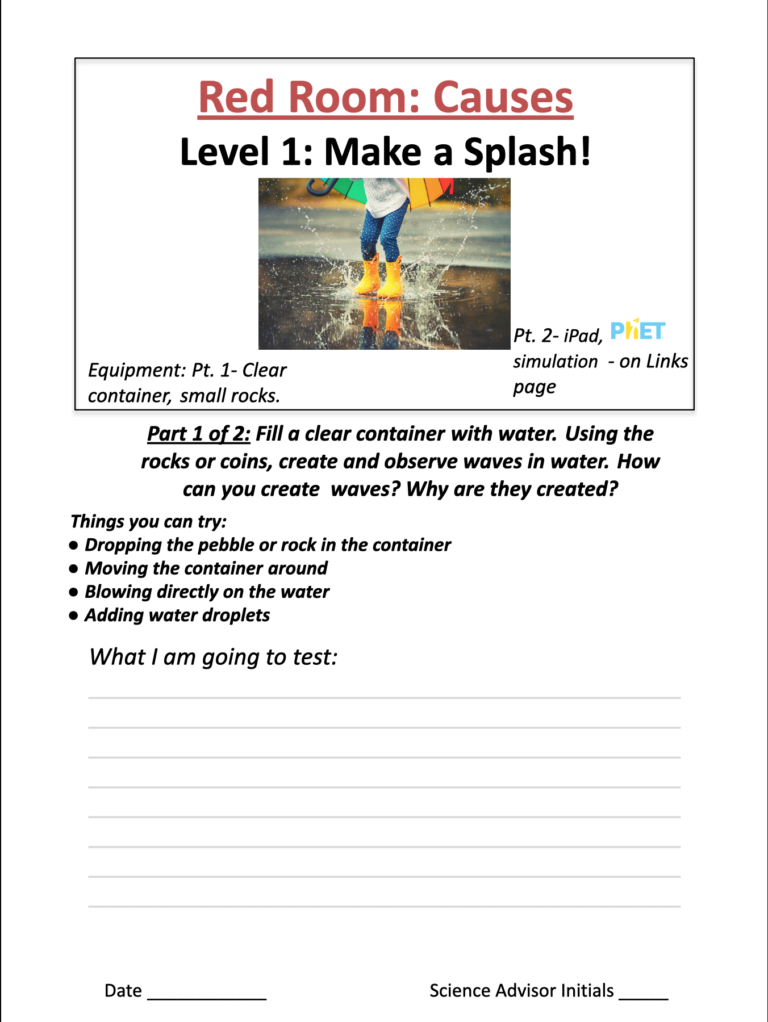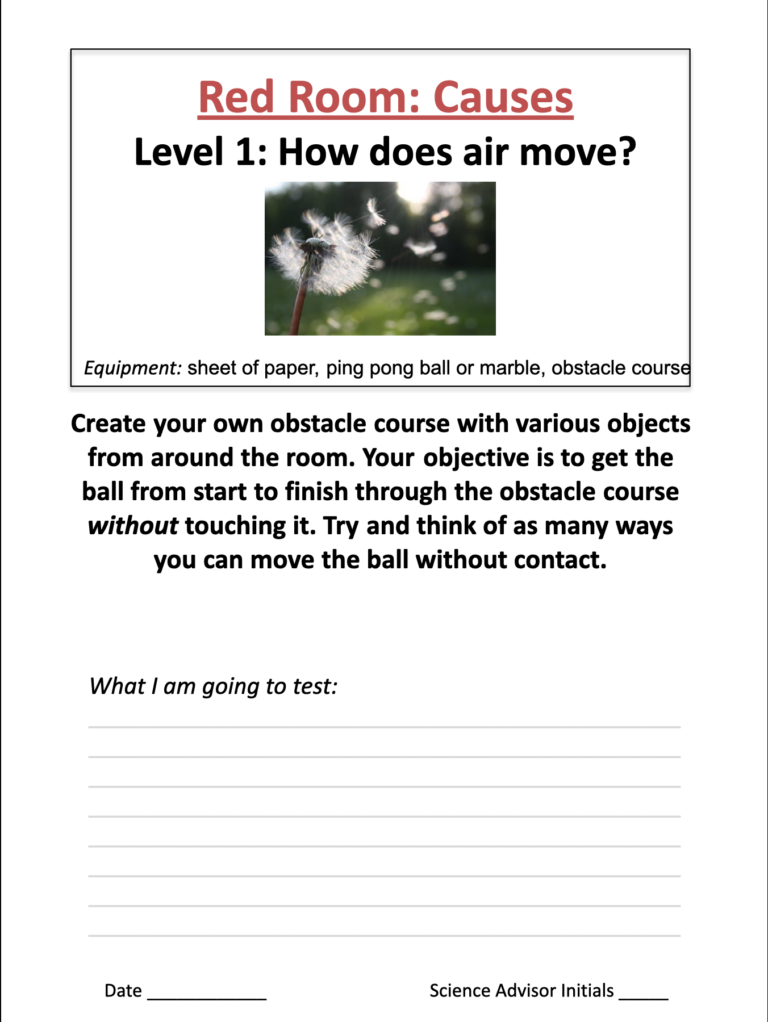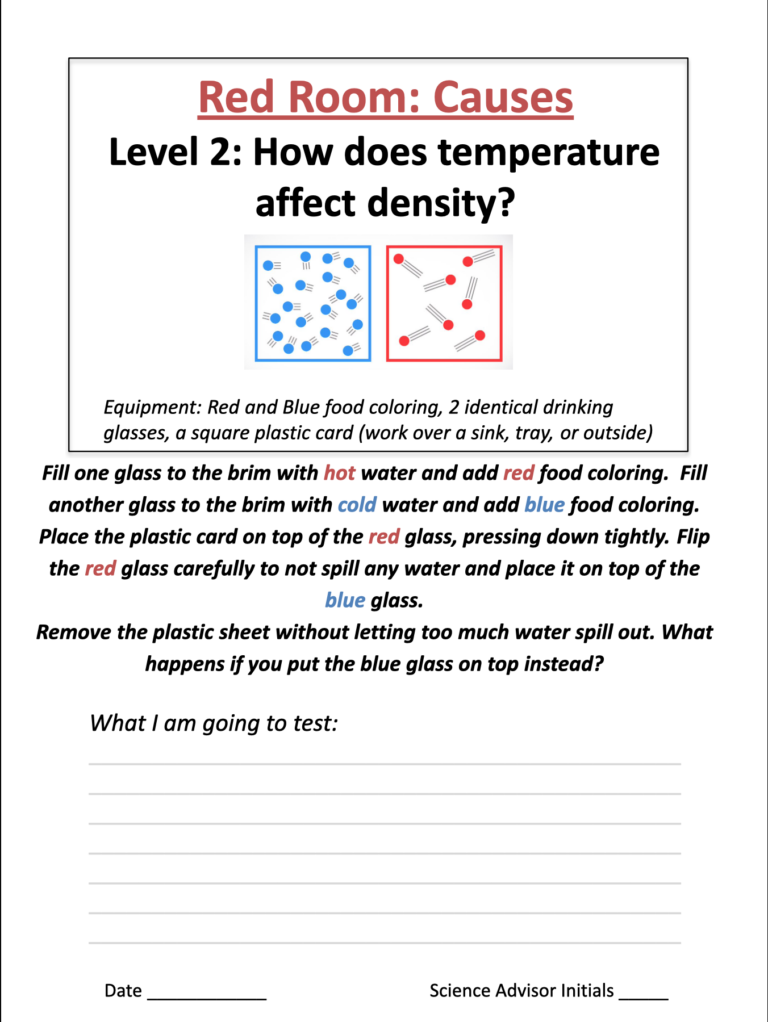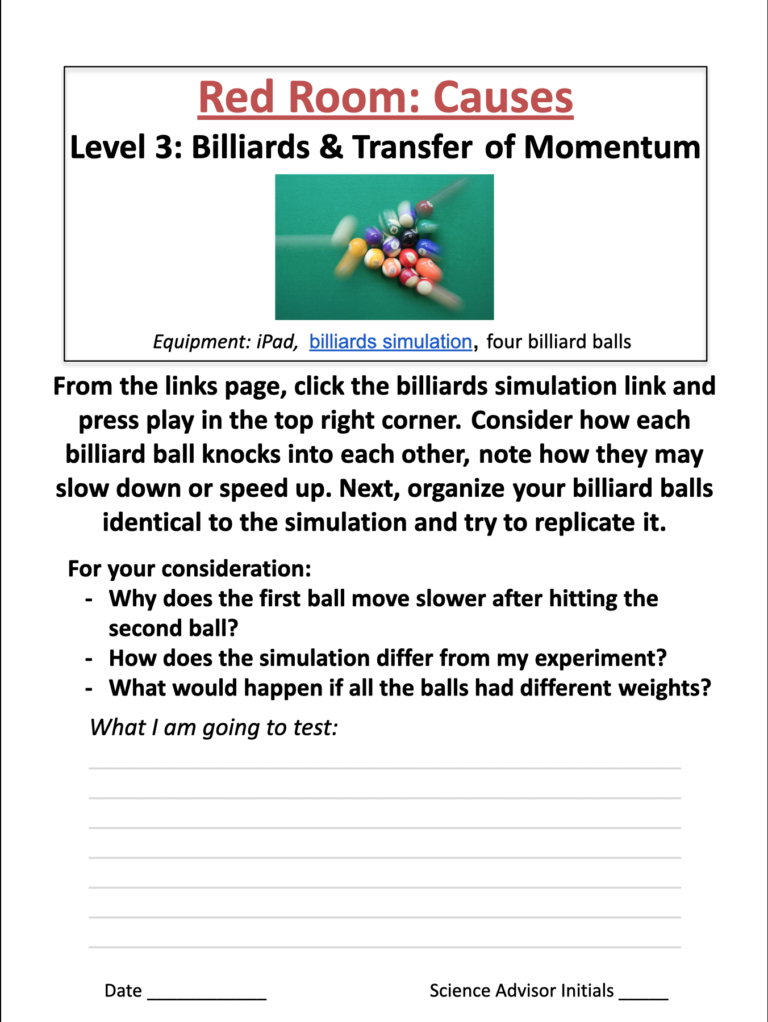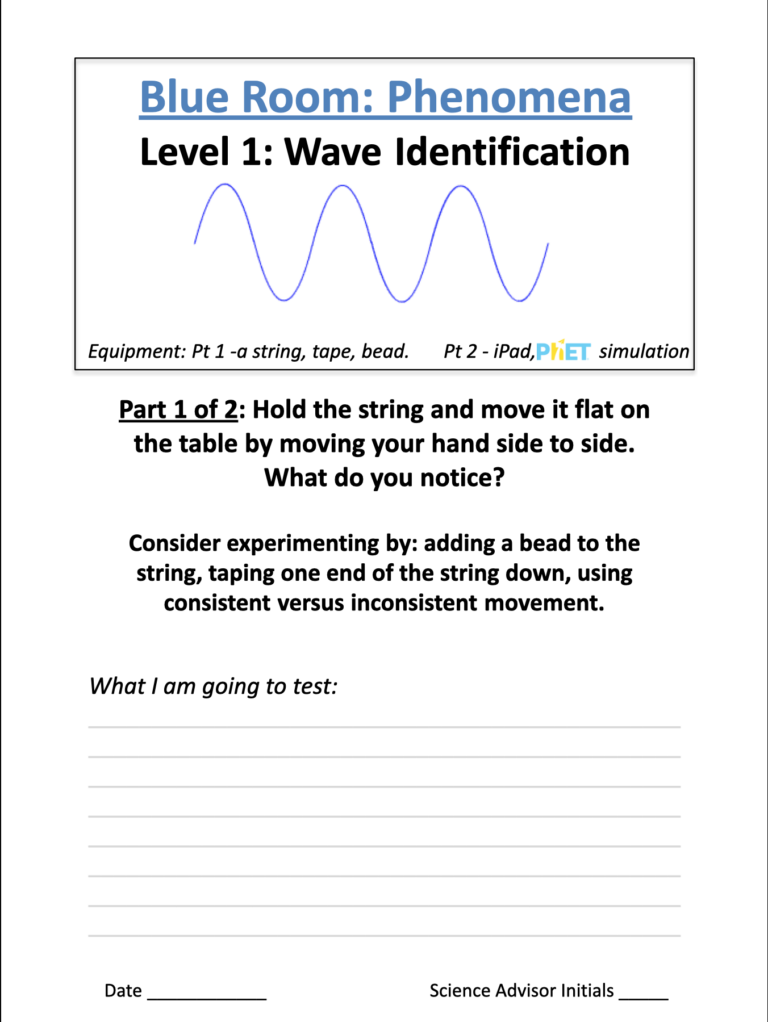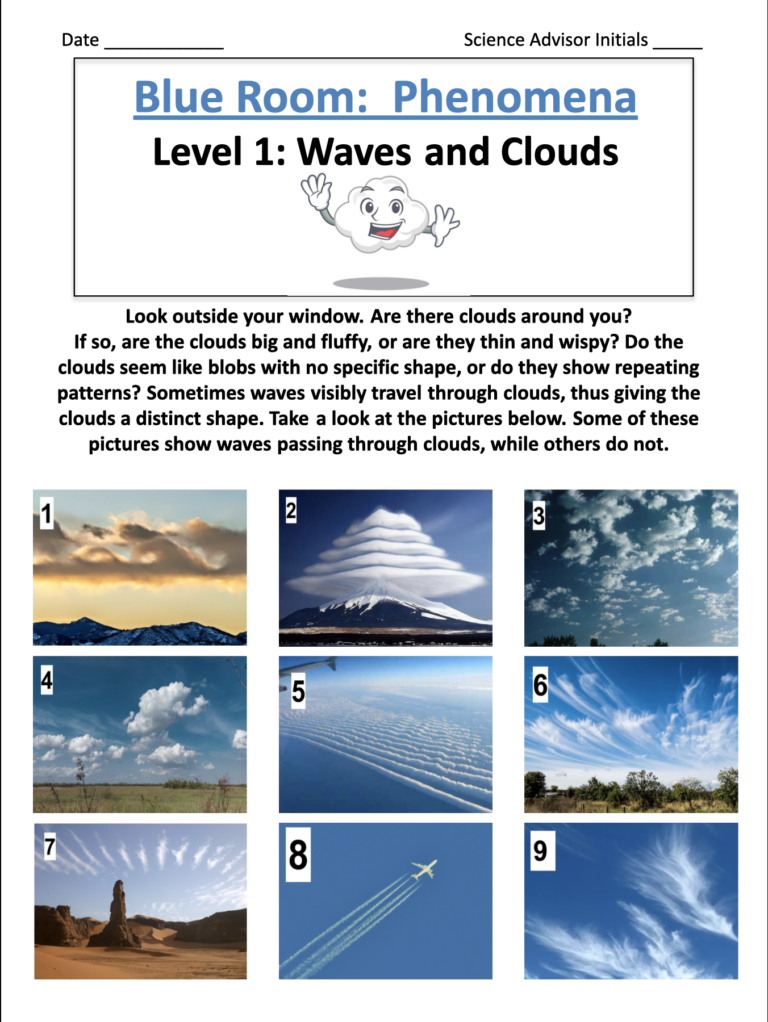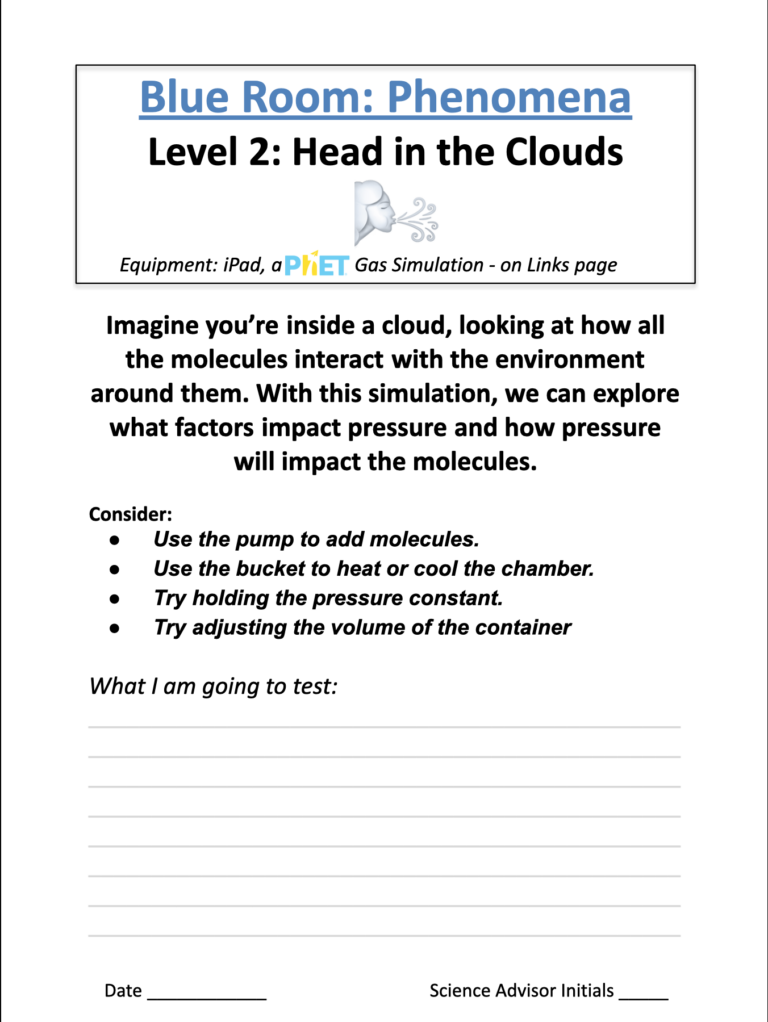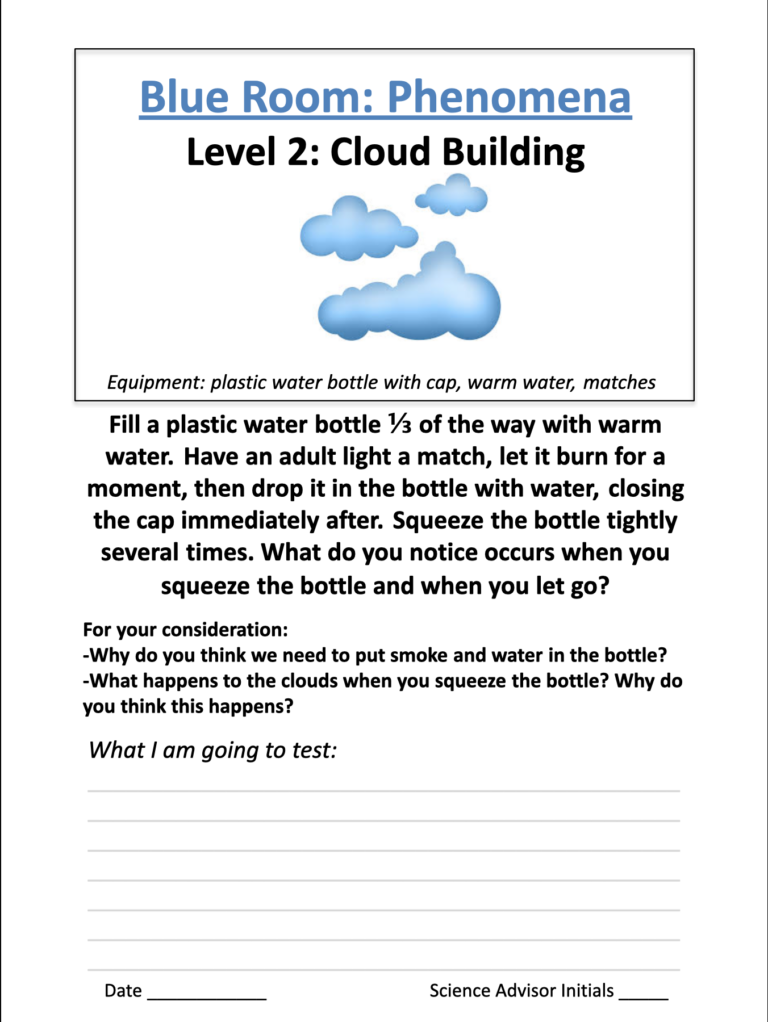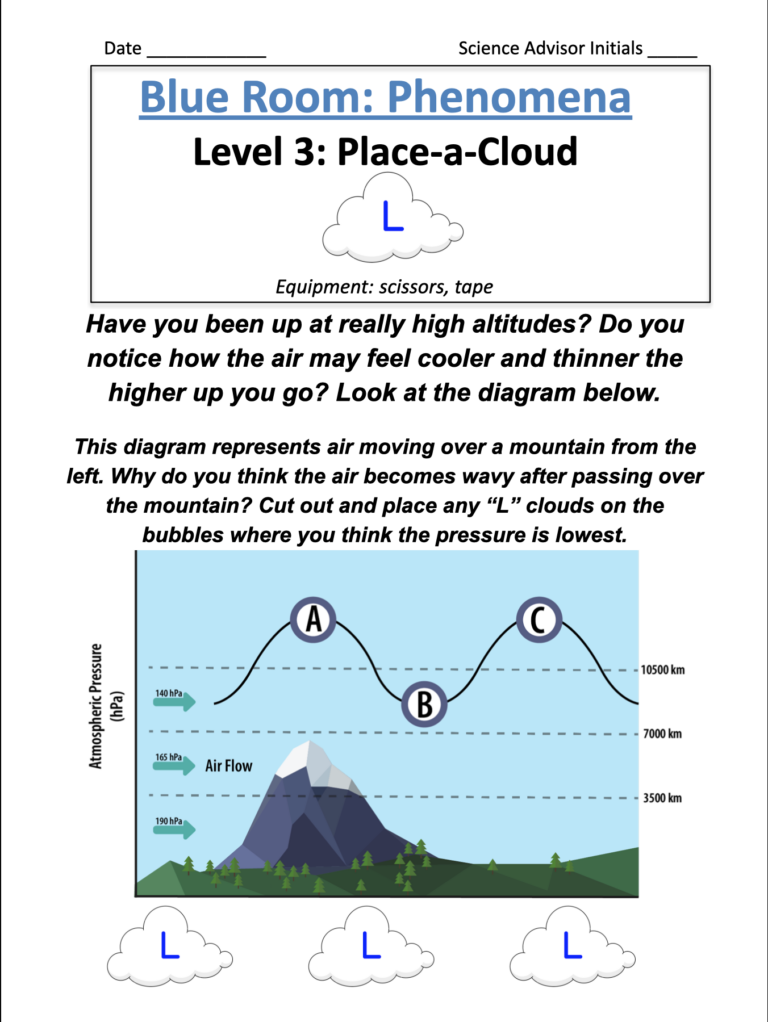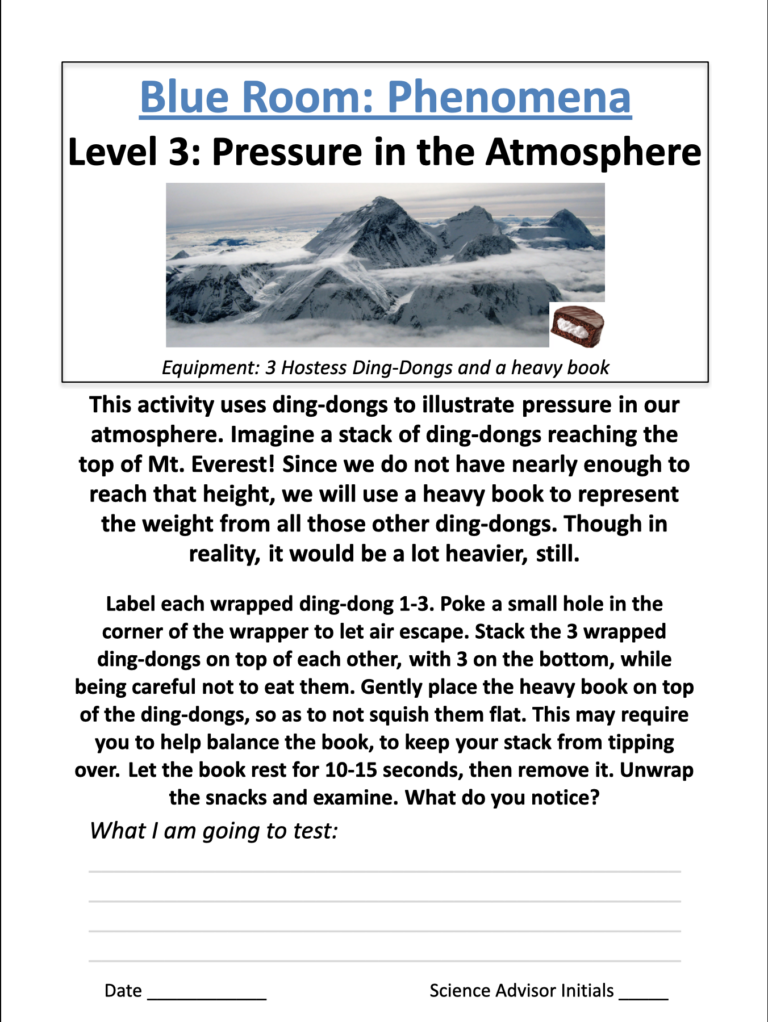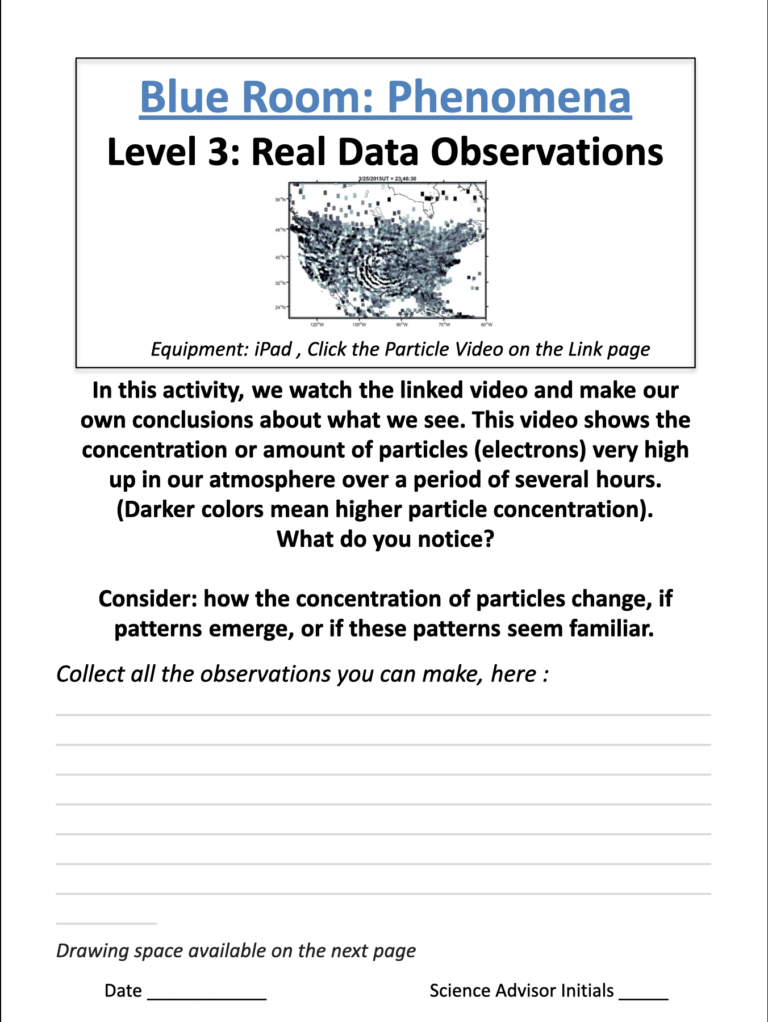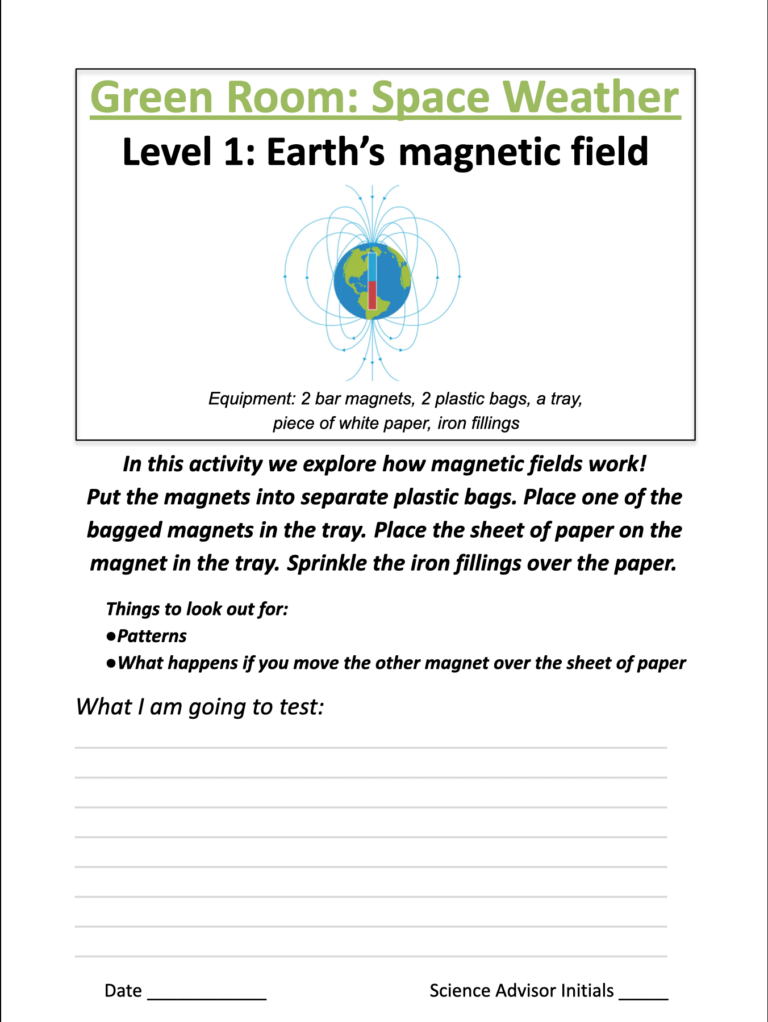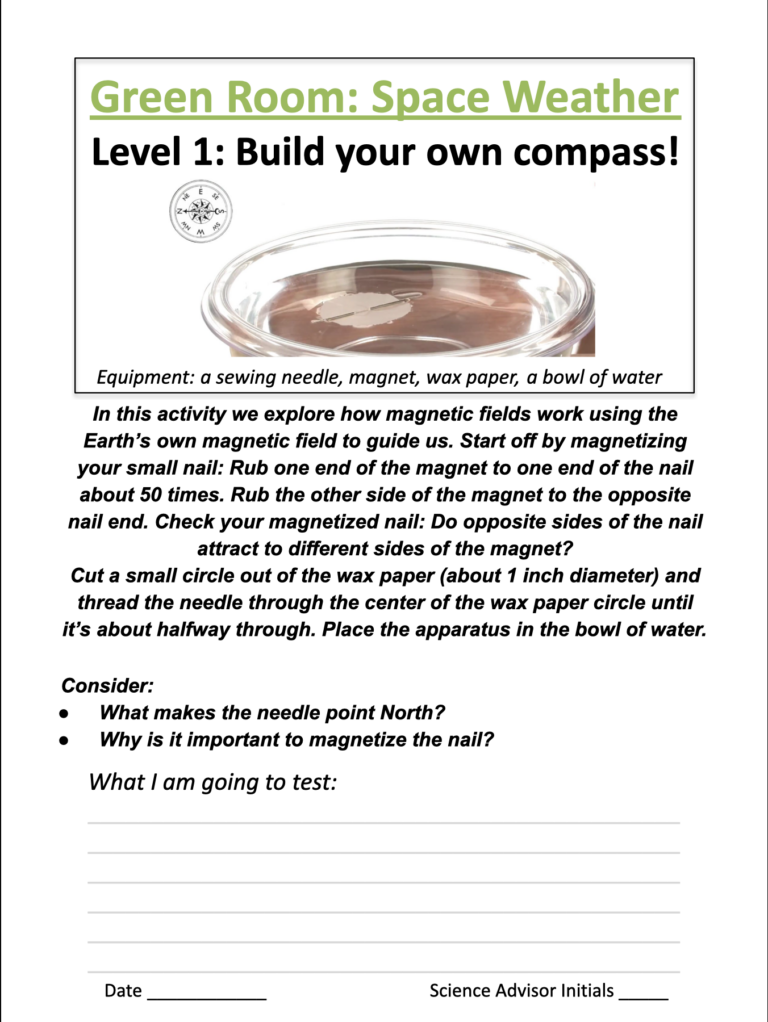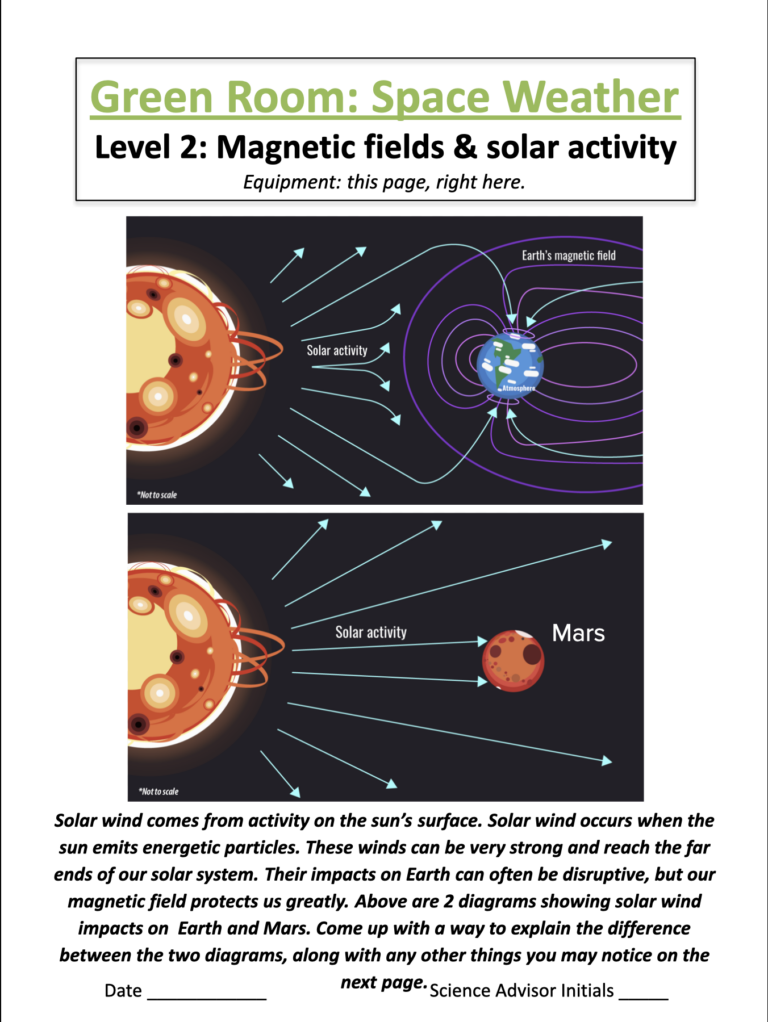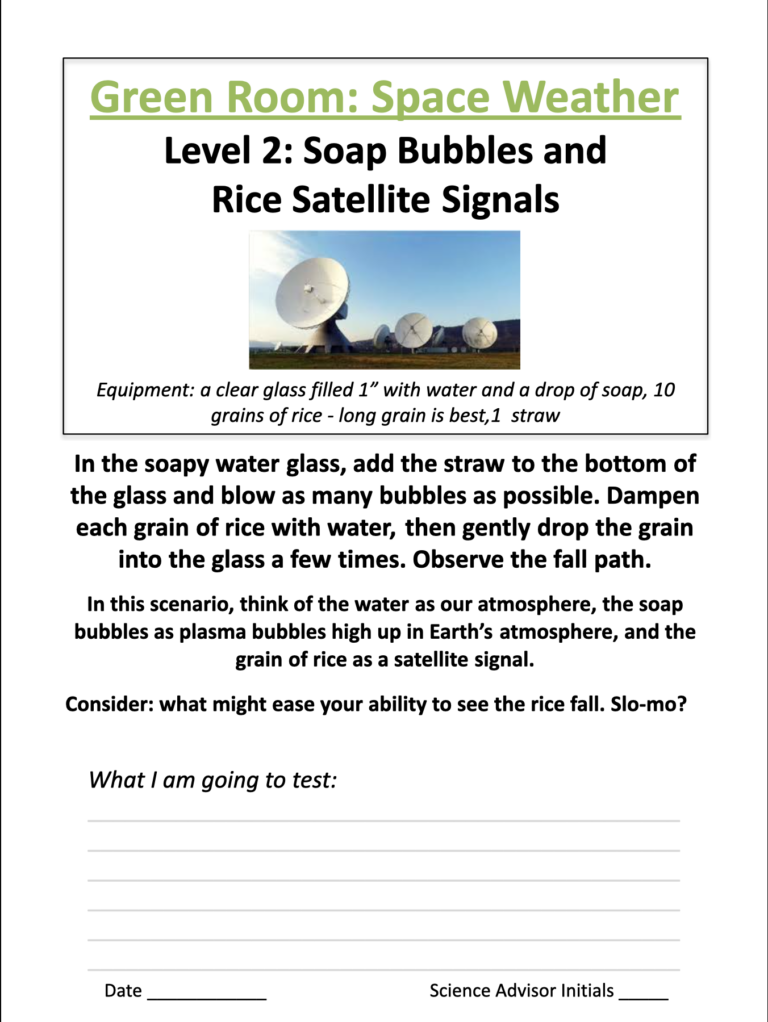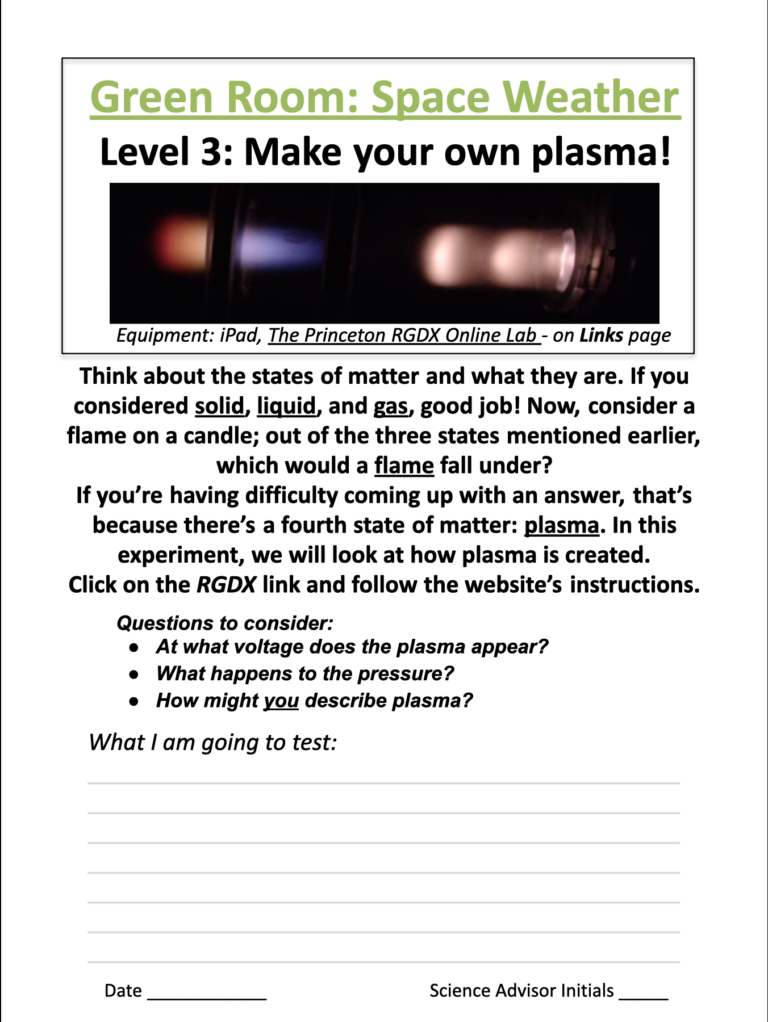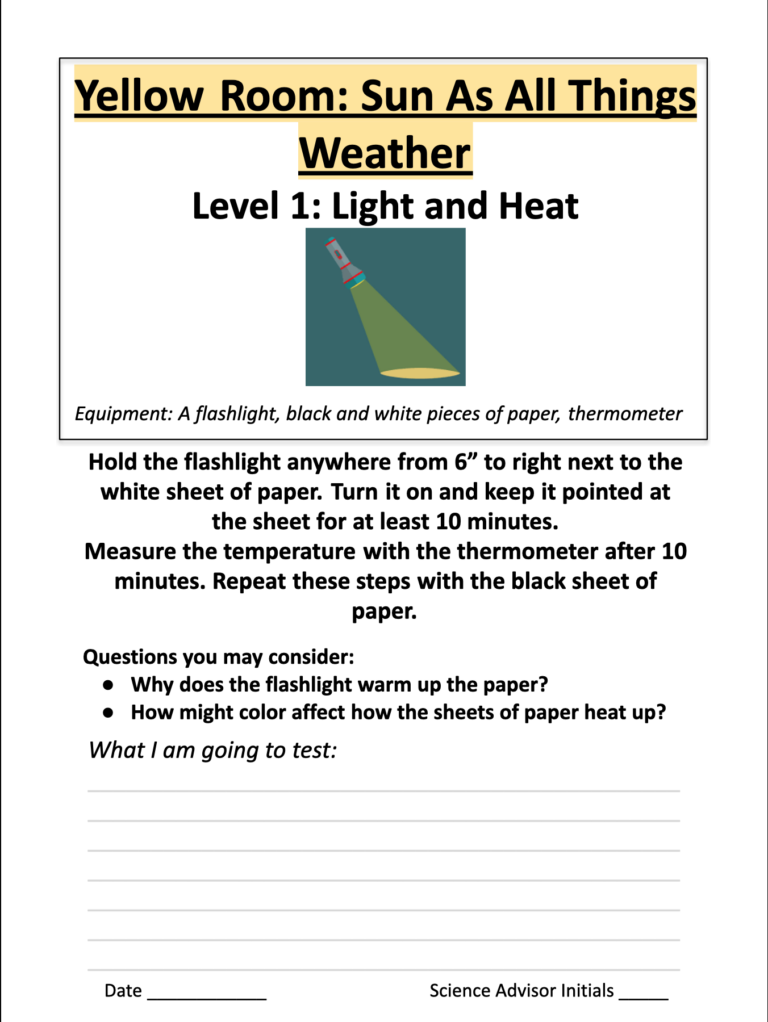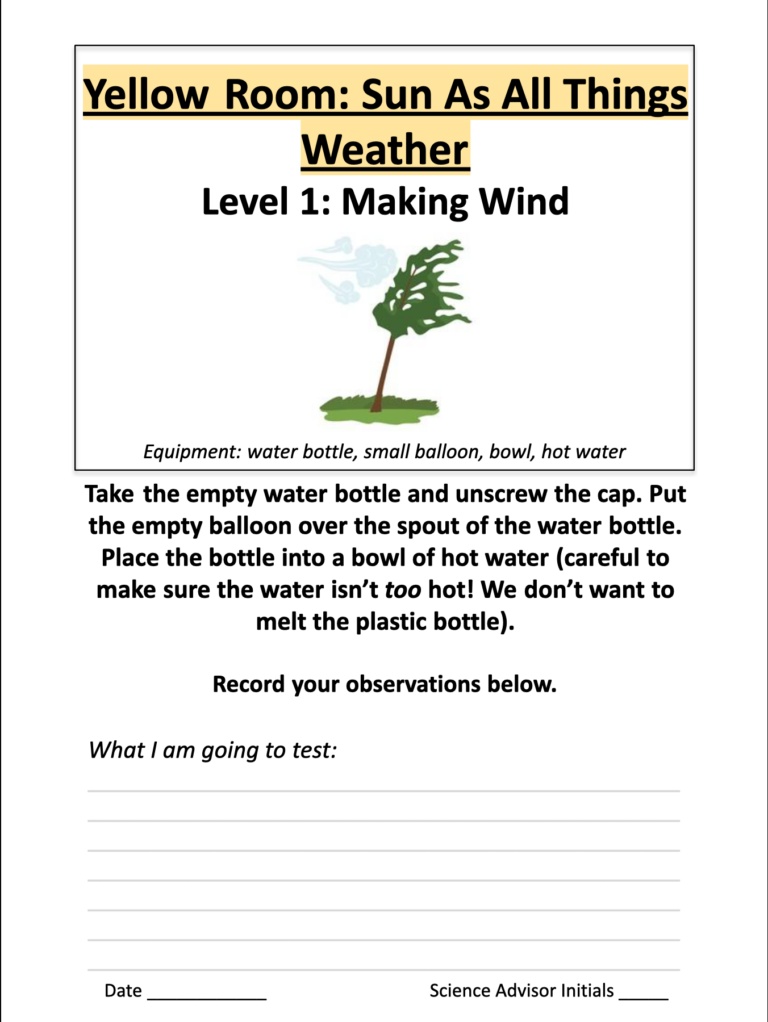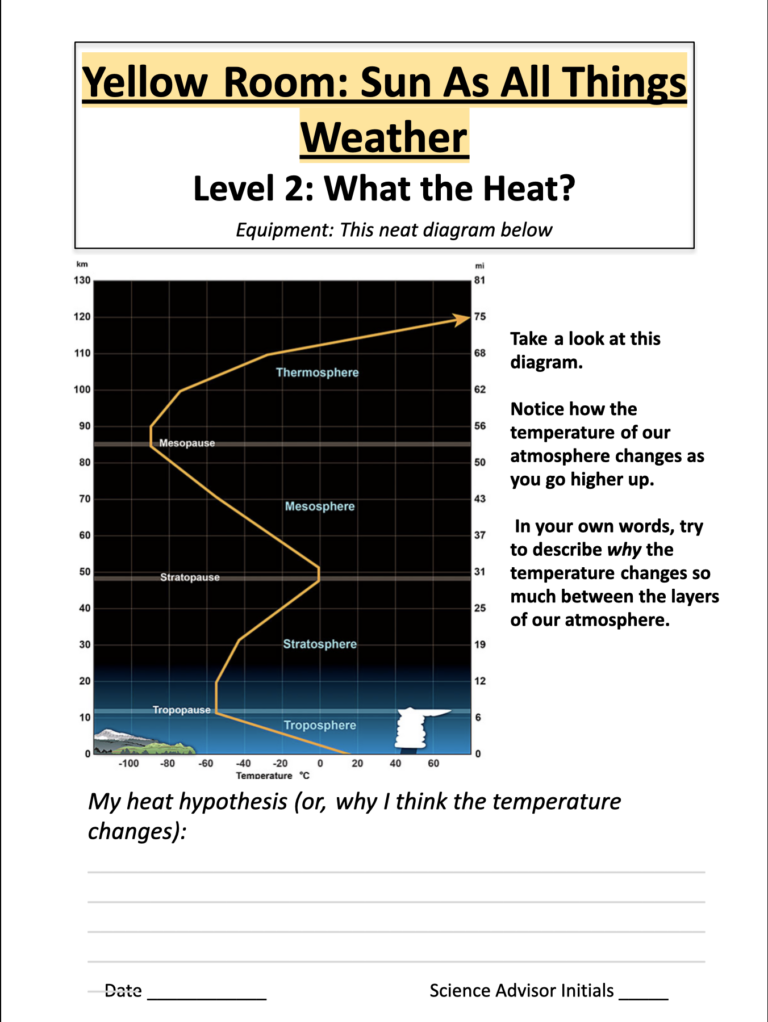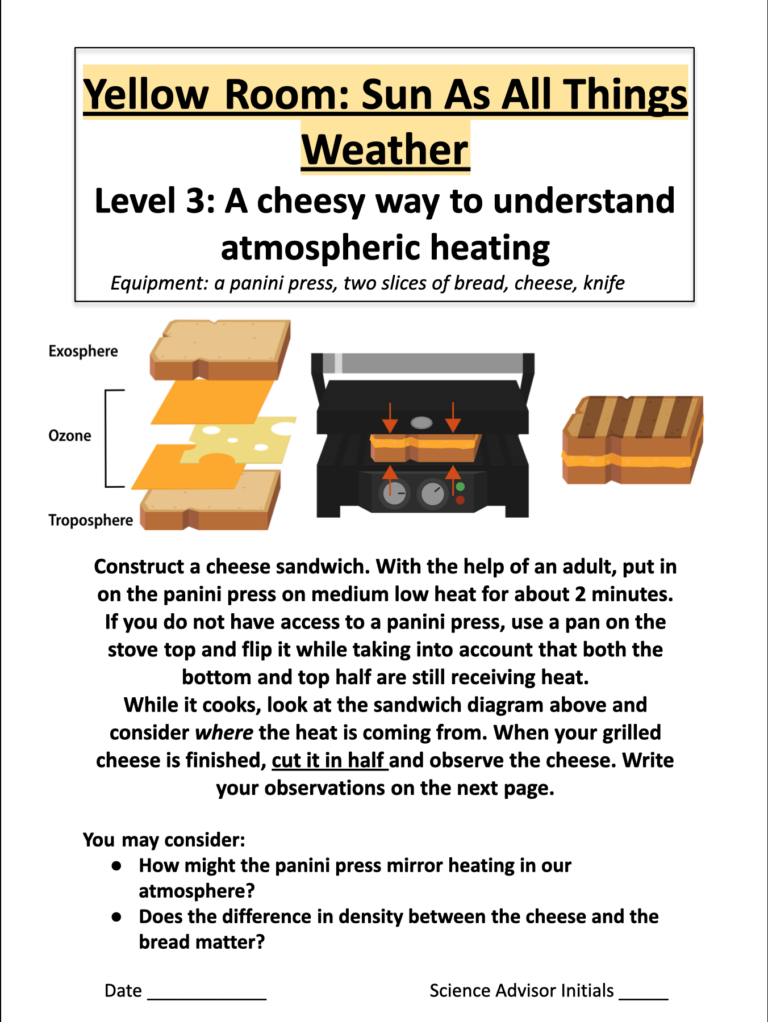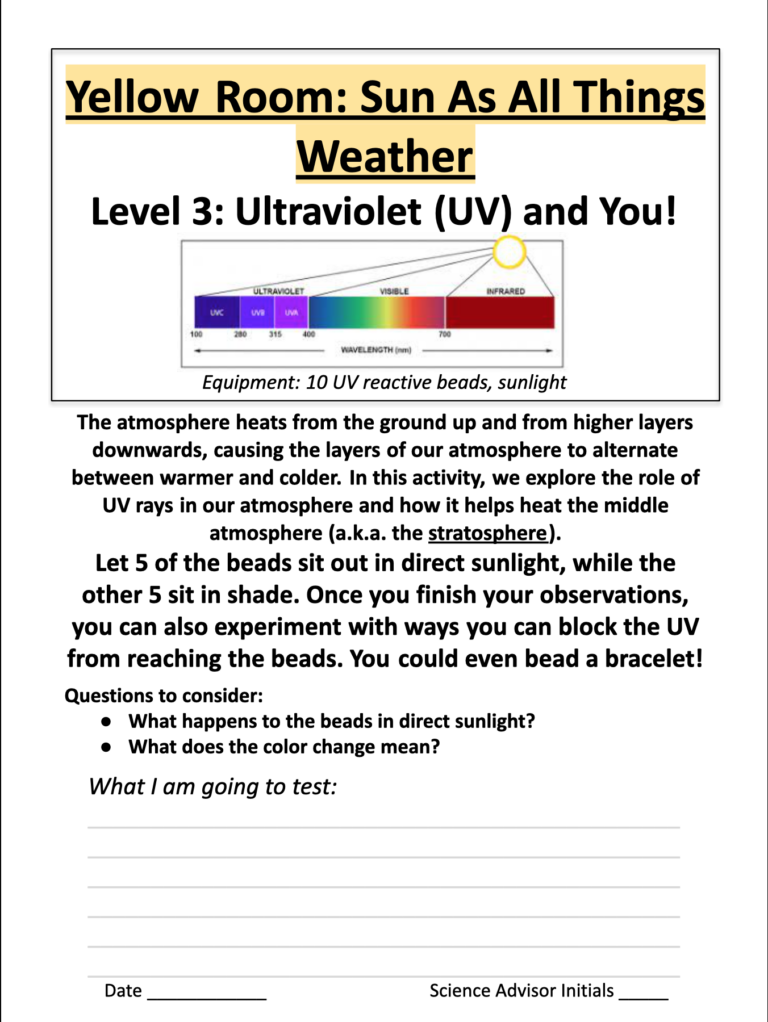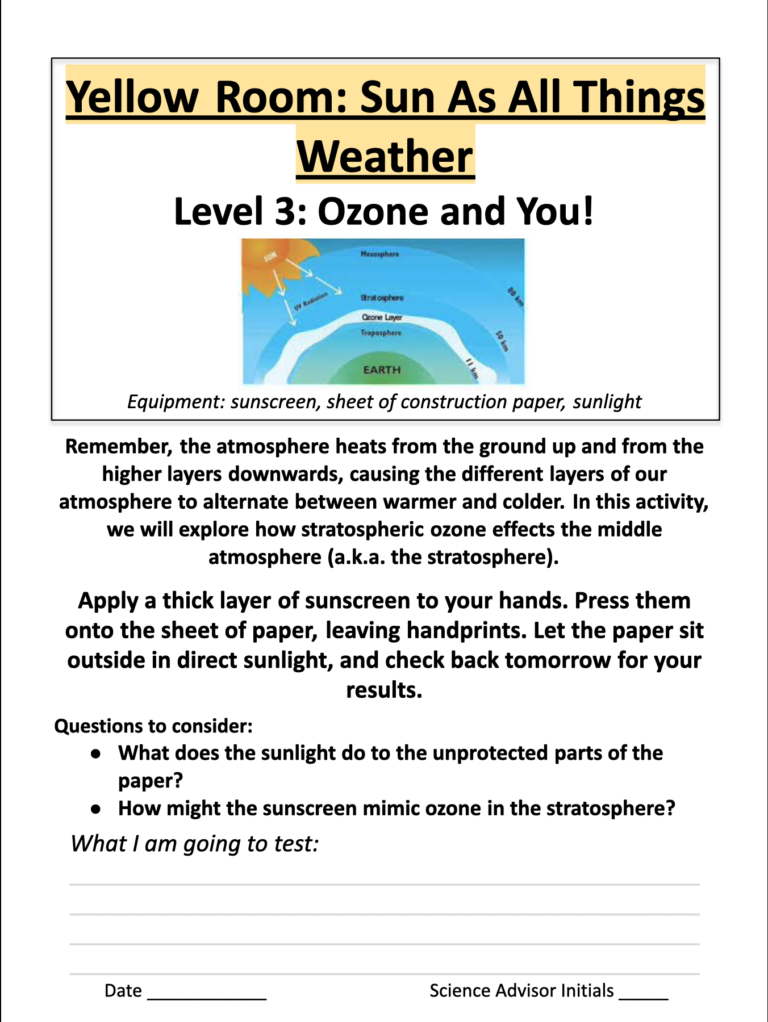Overview
The WAVE Drive Center is actively engaged in pilot efforts to broaden public awareness and understanding of WAVE science and to positively impact the STEM career pipeline. This work is being led by the Fiske Planetarium and Science Center on the University of Colorado Boulder campus. WAVE Broadening Impacts aims to achieve two key goals by hosting programs that broadly impact individuals ranging from middle school through early career professional researchers.
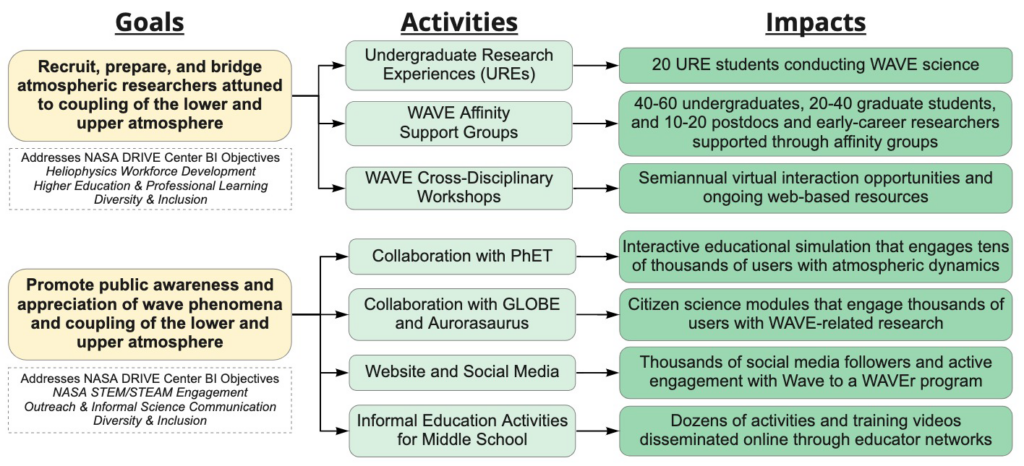
Want an overview of the WAVE science project? Listen to Fiske Planetarium’s podcast episode: Doing the WAVE. This interview with Principal Investigator Cora Randall and Project Manager Lynn Harvey dips into what gravity waves are, how they affect both local weather and the atmosphere as a whole, and how they can even influence interactions between the Earth and the Sun!
Informal Education Activities for Middle School
In partnership with the PISEC informal STEM learning program at the University of Colorado, Fiske Planetarium is developing a series of learning modules and activities for middle school students that are being field tested during the 2021-22 academic year. The conceptual framework for this effort builds upon everyday experiences with terrestrial weather and waves as context for engaging audiences with the role of gravity waves in our atmosphere. Visit the following links for full example of each activity. Once finalized, these modules will be disseminated more broadly online.
Red Room – Causes of Gravity Waves
Blue Room – Observable Phenomena of Gravity Waves
Green Room – Space Weather
Yellow Room – Sun As All Things Weather
Red and Blue Room Teacher Guides
WAVE Interactive Simulation Collaboration
WAVE will work with the Physics Education Technology (PhET) program, a world-recognized leader in the design and classroom use of educational simulations, to create a new interactive simulation that will help students develop their conceptual understanding of WAVE science. The PhET design team will focus on addressing concepts fundamental to student understanding of atmospheric dynamics, wave generation, and propagation along with coupling to the upper atmosphere.
During Phase I, WAVE has incorporated several engaging, extant PhET simulations around the physics of waves and atmospheres into informal educational activities for middle school students. Try out the Wave Intro and Gas Properties simulations for yourself below!
WAVE Citizen Science Collaboration
In the domain of citizen science research, WAVE will partner with NASA GLOBE Observer Clouds and the Aurorasaurus Project to develop and evaluate pathways for students, teachers, and members of the public to contribute ground-based observations of cloud and aurora patterns associated with wave interactions in both the lower and upper atmosphere. WAVE researchers will be directly involved in informing the development of citizen science efforts and utilizing datasets generated through these efforts.
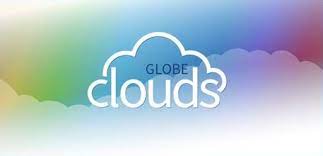
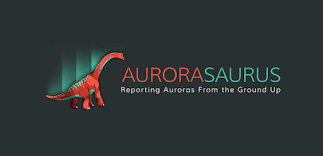
Undergraduate Research Experiences (UREs)
The WAVE Drive Science Center will partner with existing Undergraduate Research Experience (URE) programs in the Boulder area to offer five undergraduate research experiences during each of four summers (Summer 2023-2026). WAVE will work most closely with the following URE programs:
- ATOC Undergraduate Research Opportunities
- CIRES RECCS (Research Experience for Community College Students)
- NOAA SOARS (Significant Opportunities in Atmospheric Research and Science)
Stay tuned for more details in late spring 2022 for more details.
Wave Affinity Support Groups
During Phase I strategic planning efforts, we heard from our URE partners that a systemic issue exists with regards to retention of URE students from traditionally marginalized background. While these undergraduate research programs actively recruit and engage students from diverse backgrounds, intentional support of these students as they transition into graduate school and then into postdoctoral fellowships and early career positions is needed to promote retention along their professional career trajectories.
During our Phase II effort, the Center will create WAVE affinity support groups, intentionally networked groups of individuals that meet monthly to support one another along career trajectories inspired by and aligned with WAVE multi-disciplinary and cross-disciplinary efforts. The WAVE Phase II project will support three affinity support groups.
- Undergraduate Student with URE Research Experience
- Graduate Students studying fields
- Postdoctoral Fellows and Early Career Researchers
Stay tuned for more details in late spring 2022 for more details.
WAVE Cross-Disciplinary Workshops and Resources
WAVE Phase II will promote multidisciplinary, interdisciplinary, and transdisciplinary development of researchers from undergraduate through professional levels. WAVE will intentionally provide multidisciplinary learning opportunities for atmospheric and space weather experimentalists and modelers to develop stronger joint understandings and promising collaboration opportunities.
The Center will develop and deliver web-based resources that will serve as primers for professionals to better understand the foundations and futures of disciplines related to WAVE science outside their area of expertise. WAVE will also host semiannual virtual interaction opportunities for cross-disciplinary collaboration and learning around WAVE science.


